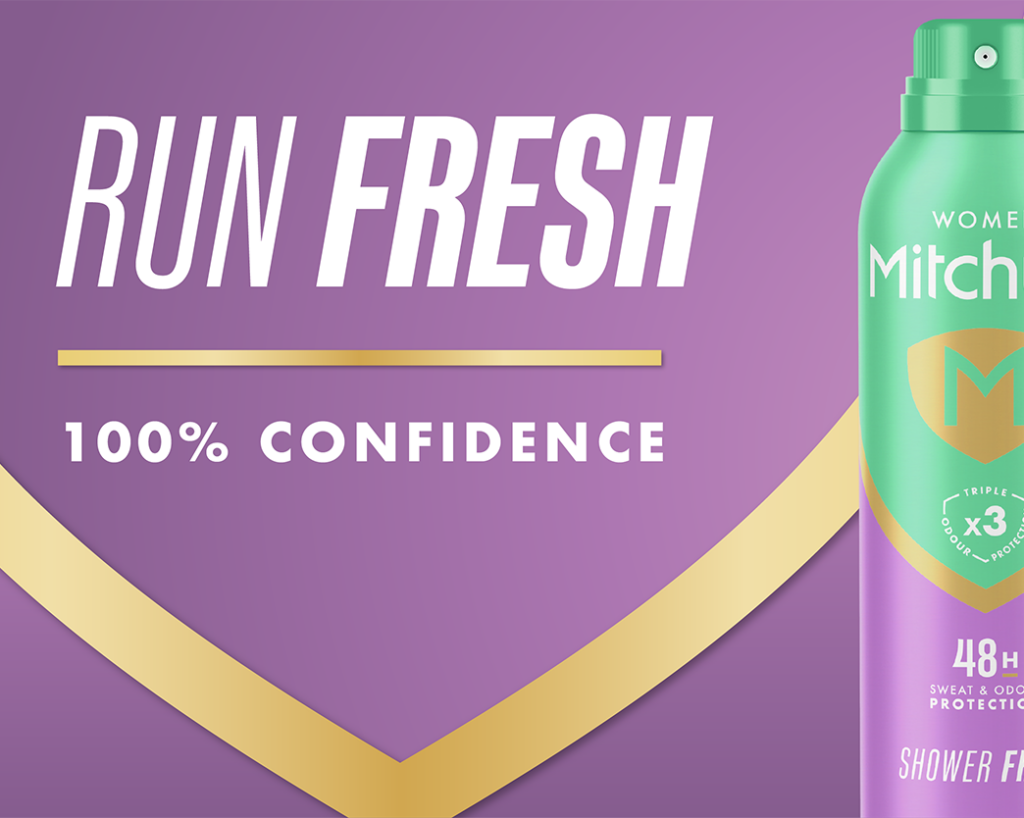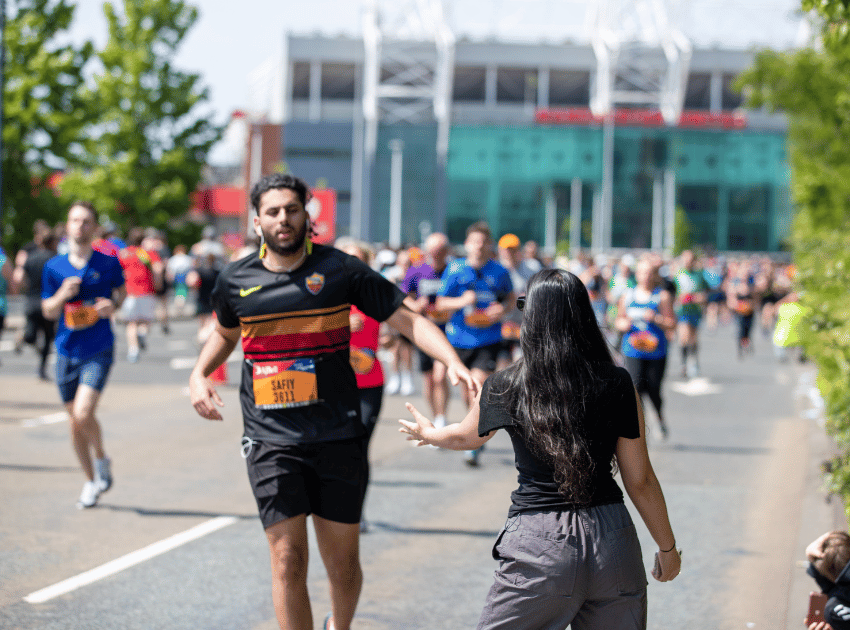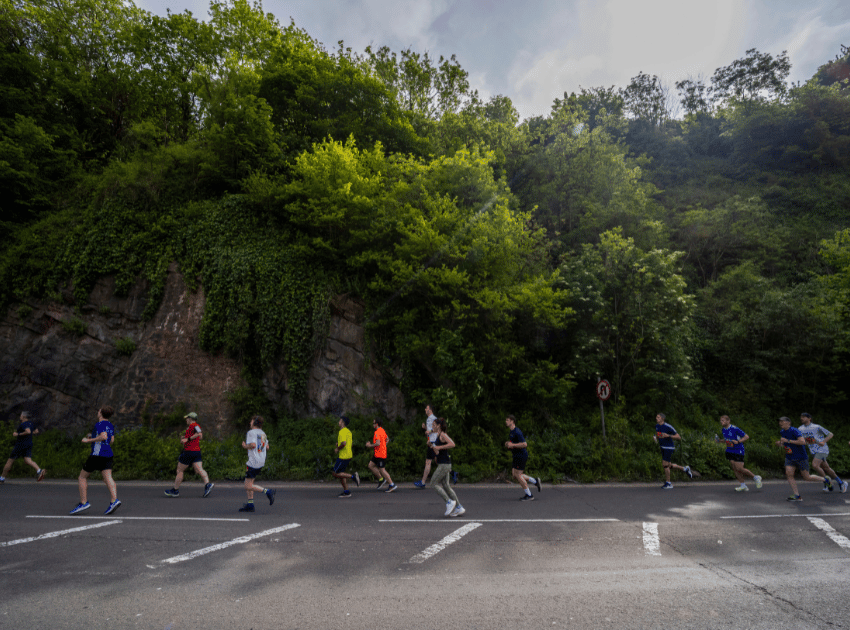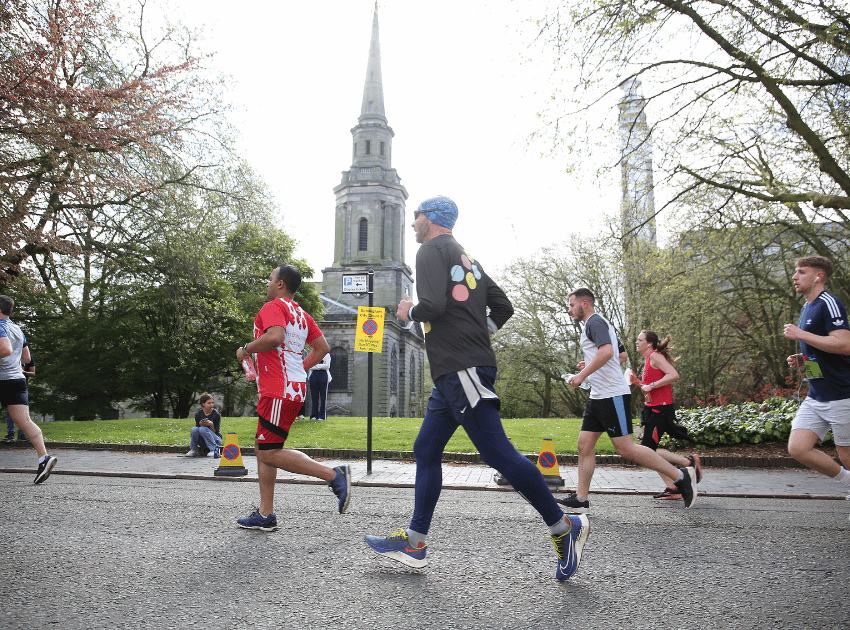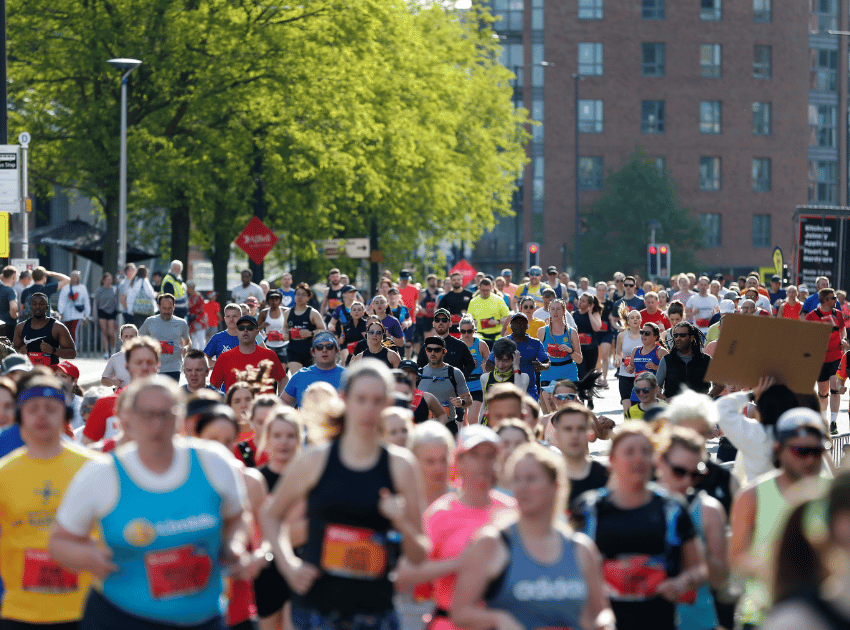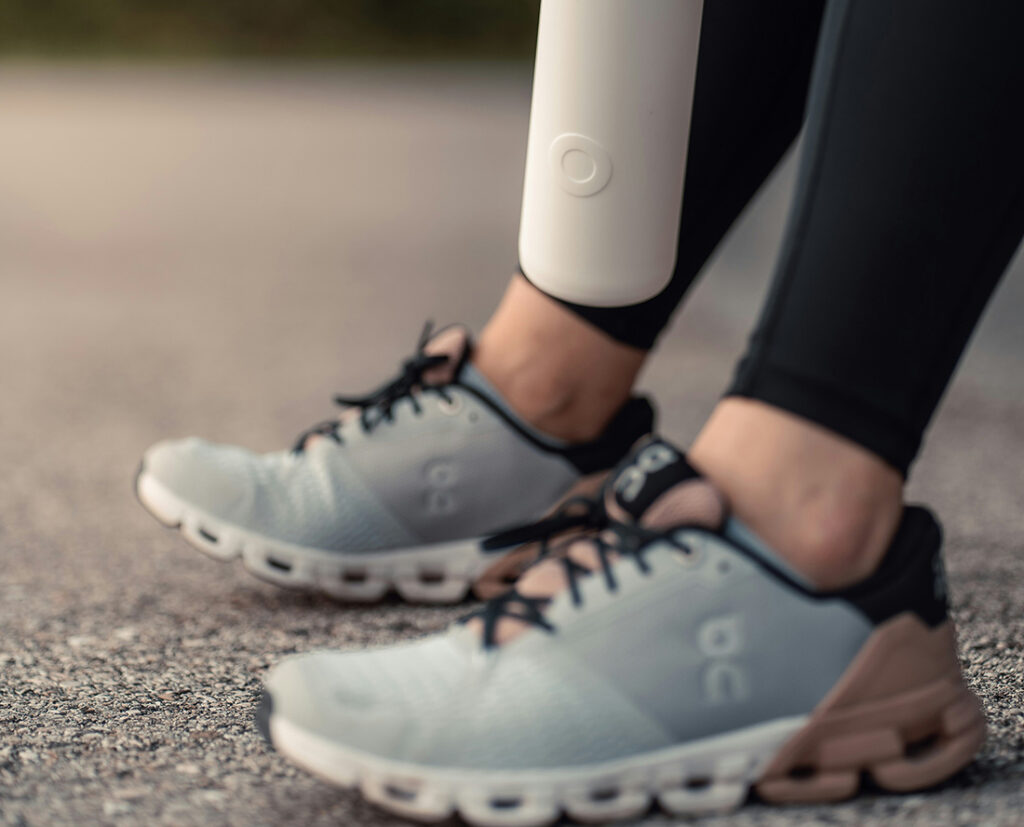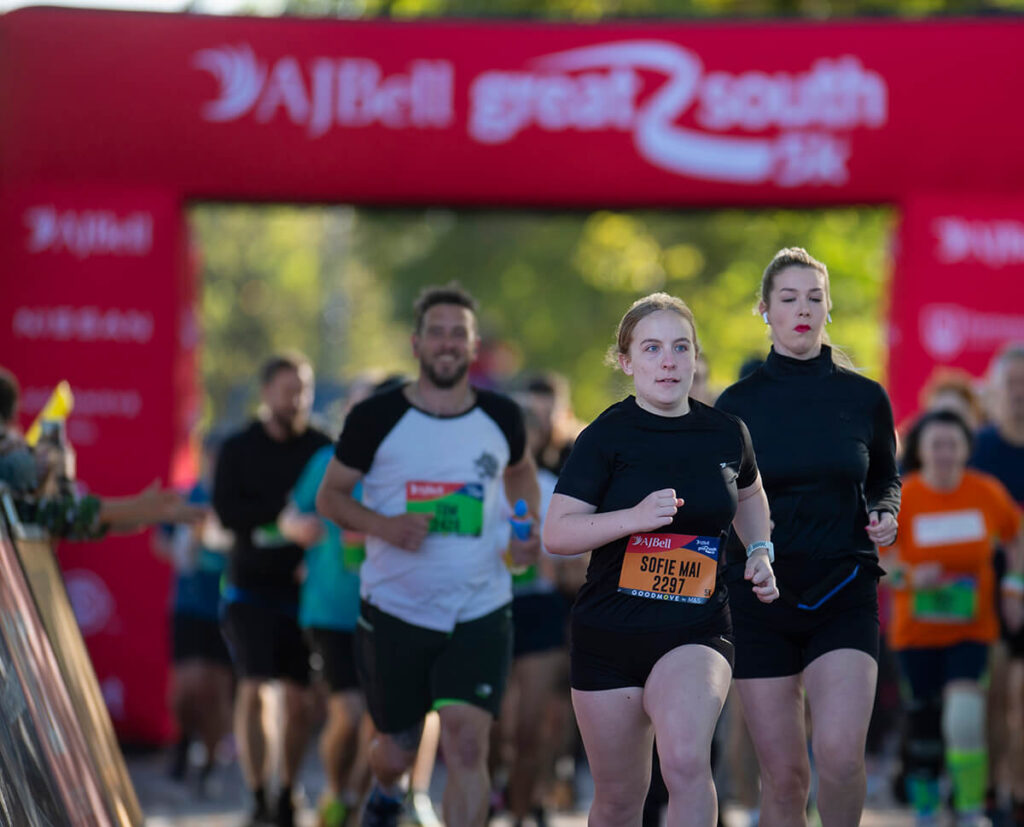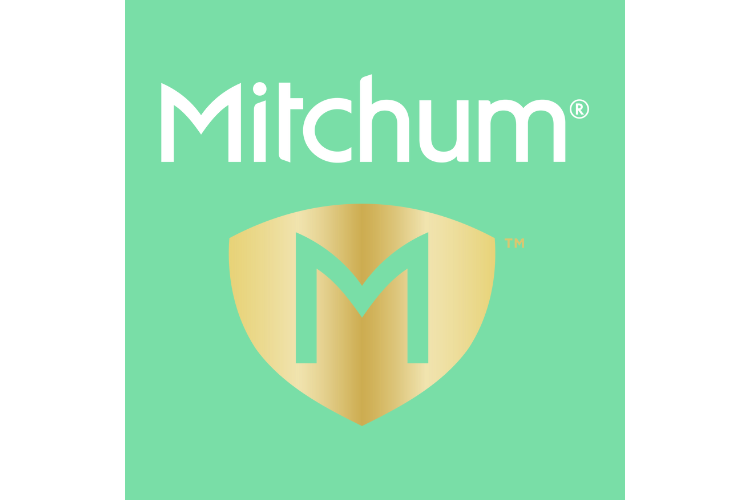With the market for sports nutrition products exploding, it’s easy to forget that you can get what you need from ordinary food. Forget whey protein bars and energy drinks and open your cupboard or fridge to find foods that fulfil the nutritional requirements for your training. Here we look at six of the best foods for all athletes to eat.
Tumeric
Used widely in Asian cooking, the spice and its active ingredient, curcumin, are known to hold natural anti-inflammatory activity,making turmeric a favourite for keeping joints flexible and pain-free. Research suggests the bright yellow wonder spice can help reduce post exercise soreness or ‘DOMS’ – delayed onset muscle soreness. “Turmeric and curcumin are probably the most studied compounds which can positively influence a normal inflammatory response,” says Matt Lovell, a nutritionist who works with Manchester City and Tottenham Hotspur FC and also the England soccer team. Lovell recommends taking 500-100mg of a curcumin compound in supplement form when doing a lot of exercise, but also adding turmeric to your meals. “I use a fair amount of turmeric in cooking,” he says. “As it is fat soluble, you need some oils for it to be absorbed, so I take care to include those and some black pepper which also helps boost its bioavailability.”
Rocket Leaves
Beetroot has gained a reputation as the ultimate performance-enhancing food thanks to it being a rich source of nitrates, the compounds found in the vegetable that are converted by the body to nitrite and then nitric oxide. It’s a molecule that not only relaxes and widens blood vessels, but influences how efficiently our body’s cells use oxygen. A growing body of evidence suggests nitrates play a role in improving blood flow, maintaining immune function and cardiovascular health and potentially enhancing exercise performance. Consume nitrates and the mitochondria, the energy producing powerhouses of our cells, are able to utilise oxygen more sparingly, thereby conserving energy. Yet, on a weight for weight basis, rocket leaves supply almost four times the amount of nitrates as found in fresh beetroot.
In fact, when fruit and vegetables are rated for their nitrate content, beetroot just about makes the top ten with Swiss chard, oak leaf lettuce and rhubarb among the less fashionable items providing much higher levels. Even beetroot leaves have a higher nutritional value than the root itself, says sports nutritionist Dr Sarah Schenker. “Beneficial nitrates certainly aren’t exclusive to beetroot juice and you will get a lot more from eating leafy greens,” she says. “Lettuce, radishes, spinach, spring greens, celery and bok choi are all really good providers.”
Coffee
It’s not just the boost you get from caffeine that can aid your training. Increasingly, scientists think coffee helps a role in creating the healthy gut flora that is now considered essential for performance. Among those in favour of a black coffee habit is Tim Spector, professor of genetic epidemiology at Kings College London and the orchestrator of the British Gut Project, a research collaboration with a sister programme (the American Gut Project) based at the University of California. Spector is one of a number of experts involved in an explosion of research about the role our microbiota play not just in keep us healthy, but in boosting athletic performance.
Indeed, last week’s AW carried a report on studies at Imperial College London and Ireland’s APC Microbiome Institute that show how a healthy microbiome primes issues for repair, improves the absorption of nutrients and complements the high cell turnover of elite athletes. “Coffee is strangely good for gut bacteria as is green tea,” Spector says. “Whereas ordinary black ‘builders’ tea has a neutral effect.”
Pomegranate
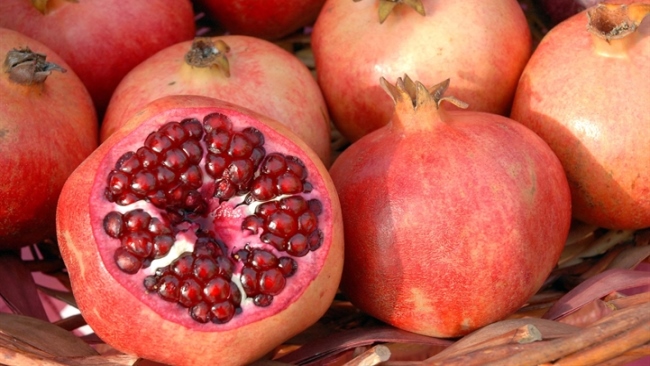
An overlooked fruit, scientists have found pomegranates to contain a ‘miracle molecule’ that strengthens ageing muscles. The powerhouses of our cells, the mitochondria, run down with age, making them less effective and causing muscles to weaken. But in recent trials, scientists at the Ecole Polytechnique Fédérale de Lausanne showed that chemicals in pomegranates are converted into a compound called urolithin A by the healthy bugs that live in our gut. This compound was found to help recharge the body’s muscle cells, warding off the downturn in strength that comes with ageing. If you’re not inclined to pick out pomegranate seeds with a pin (the easiest way to eat them), then you will love the fact they now come bagged and ready to eat in supermarkets or in dried form to sprinkle in your porridge.
Matcha Tea
A favourite of the clean-living brigade Matcha is made from ground-up green tea leaves and is rich in polyphenol compounds called catechins, a type of antioxidant. Some studies have shown Matcha provides three times the amount of antioxidant-rich polyphenols as regular green tea – because it is powdered you’re consuming the leaves as opposed to infusing them in water and then discarding them. It contains caffeine, but only around 25mg per cup compared to the 100mg or so in a cup of coffee, and is rich in amino acids, specifically containing high amounts of L-Theanine, known to help reduce stress levels. Many athletes swear that adding it to their daily diet (it also comes in a powder form to sprinkle into smoothies) works wonders. “I do recommend that all endurance athletes consider including green tea drinks in their diet on a regular basis,” says sports nutritionist Jo Scott- Dalgleish.
“You also need to check the green tea percentage in the individual tea bag; this should be around 60-80%. But matcha type of green tea has particularly high polyphenol content.”
Eggs
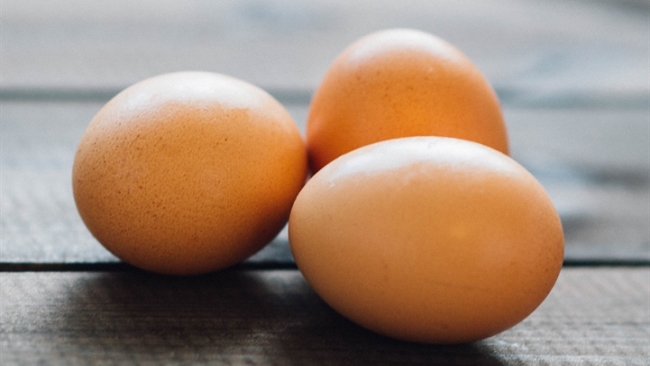
As recovery foods go, you don’t get much better than an egg for replacing your protein needs. Weigh in at just 70 calories each, eggs contain all nine essential amino acids (the building blocks of protein), plus branched-chain amino acids, which help reduce muscle damage. The yolk houses 50% of an egg’s protein and all of it’s vitamin D so make sure you don’t throw it out. A tip from members of Team GB’s endurance swimming squad – add a raw egg to porridge to make it creamy and boost your protein intake in one easy meal.
This article was first published in Athletics Weekly. For more of the latest running and athletics news, plus performance features and much more, grab a copy of the magazine or check out www.athleticsweekly.com


